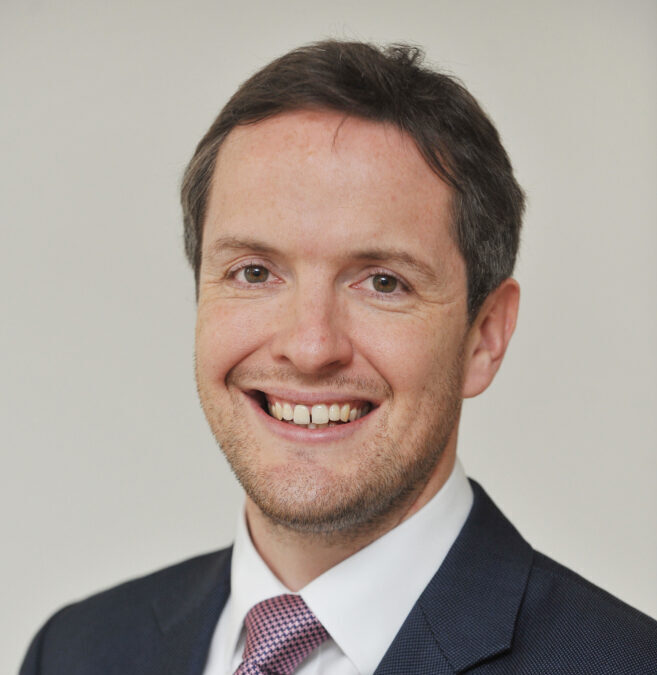Open Banking has ushered in a new era of data sharing that could transform the way we borrow, save and access financial products.
While the benefits to consumers have been well trailed, most analysis of Open Banking fails to unpick the potential effects on the financial planning industry.
Its arrival comes at a time of a spike in the number of people paying for on-going financial advice. According to data from the Financial Conduct Authority (FCA), there was a healthy 3% increase in the number of financial advisers last year. At the same time, there was an 18% growth in the number of new clients paying on-going advice charges.
While this is positive, there is still a large cohort of people who cannot access advice because they do not have the assets to make them an attractive client to an adviser.
There has been a lot of talk about this “advice gap”, which was an unintended consequence of ban on commission as part of the FCA’s Retail distribution Review in 2012.
The focus has now shifted to addressing the “capacity gap” – in other words, increasing the ability for advisers to work with more clients (should they wish to, crucially) and thereby improving access to advice.
Part of this can be addressed by introducing efficient working practices to reduce the administrative workload on advisers. However, the main driver of productivity improvement at advice firms is likely to be Open Banking.
It has the potential to dramatically increase efficiency, freeing up advisers’ time to concentrate on more value-add services as well as increase the number and type of clients that they work with.
Advisers at our recent Bravura round table spoke about how much they rely on Application Program Interfaces (API) to generate efficiencies and link various parts of their business.
Often, APIs are used to link cash flow modelling tools to the back office and to suitability report writing services. Open Banking will mean that data can be automatically fed to the adviser.
At the moment, cash flow modelling is usually based on a client verbally explaining to an adviser how they have spent their money. Often clients share bank statements, which leads to a lot of time spent manually inputting the information into the fact find.
Under Open Banking, the process can become more streamlined and efficient. Banking data, for example, could be used to fill the first few pages of a fact find. This should save a considerable amount of time and make life easier for both the client and the adviser. It could also dramatically reduce the cost of providing advice, potentially making it more attractive for advisers to service clients with smaller assets.
“We can play a part in helping our customers understand their finances. If part of their finances is in a bank we can help them pull-in that part of the picture. This will allow us to give members a better end-to-end experience. The market has been made more efficient, useful information is out there in a more manageable way. We must be able to use that for the benefit of our member.” David Brown, BC&E.
Open Banking could even bring financial advice to those that need it most – those with debt. Service could be developed for help with debt management, for example, using transactional data to closely analyse where spending could be reduced to pay off debts in a manageable fashion.
“If you make things more efficient, it makes it easier to get this to people who might otherwise ignore their finances. For example, people leaving university with debts might simply think their finances are bad and ignore the issue. Open Banking makes it more inclusive”. Sean Hawkins, Ascentric
The opportunities that Open Banking creates for financial advisers are plentiful. Now it’s up to use as an industry to utilise it to its full potential so we can empower more people to make good financial decisions.
More Insights



